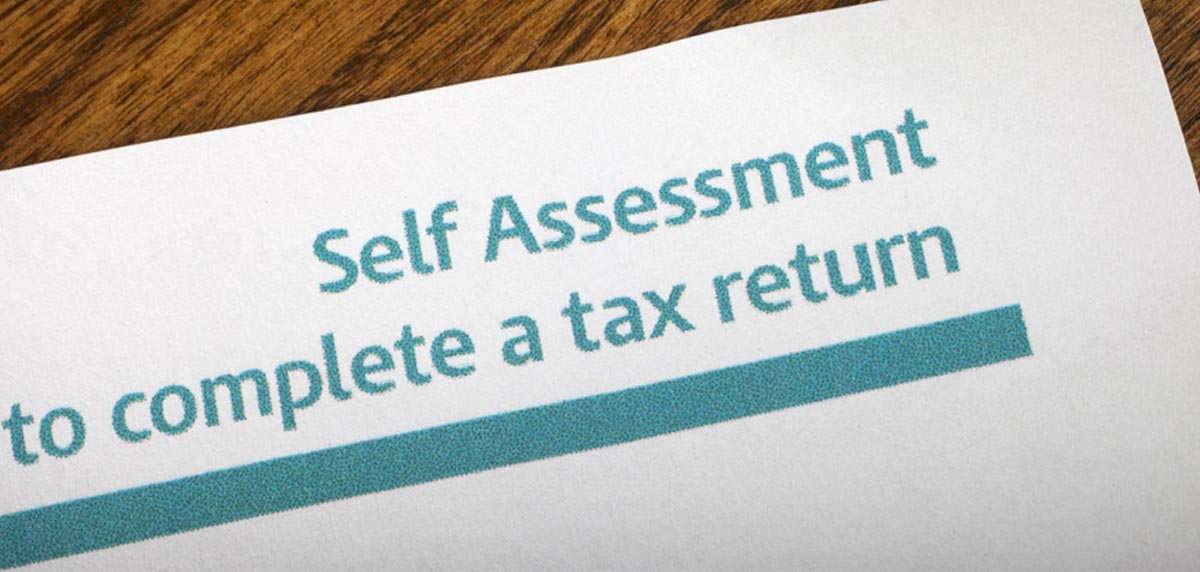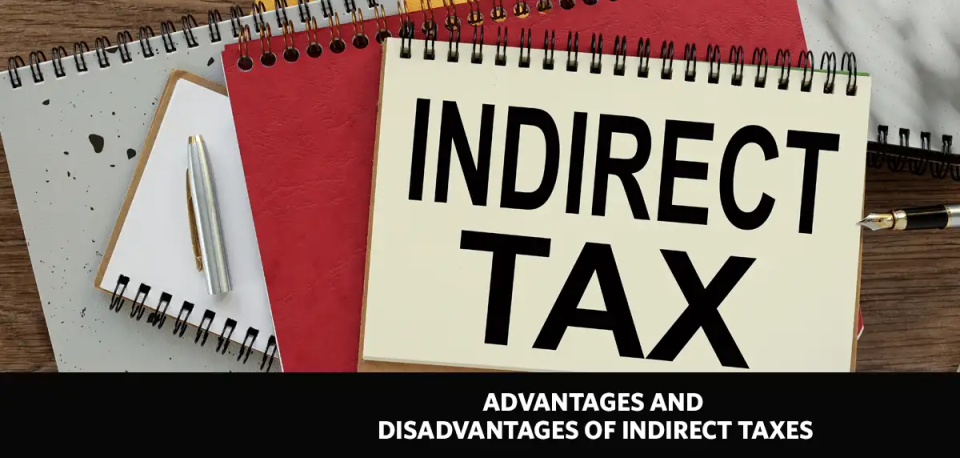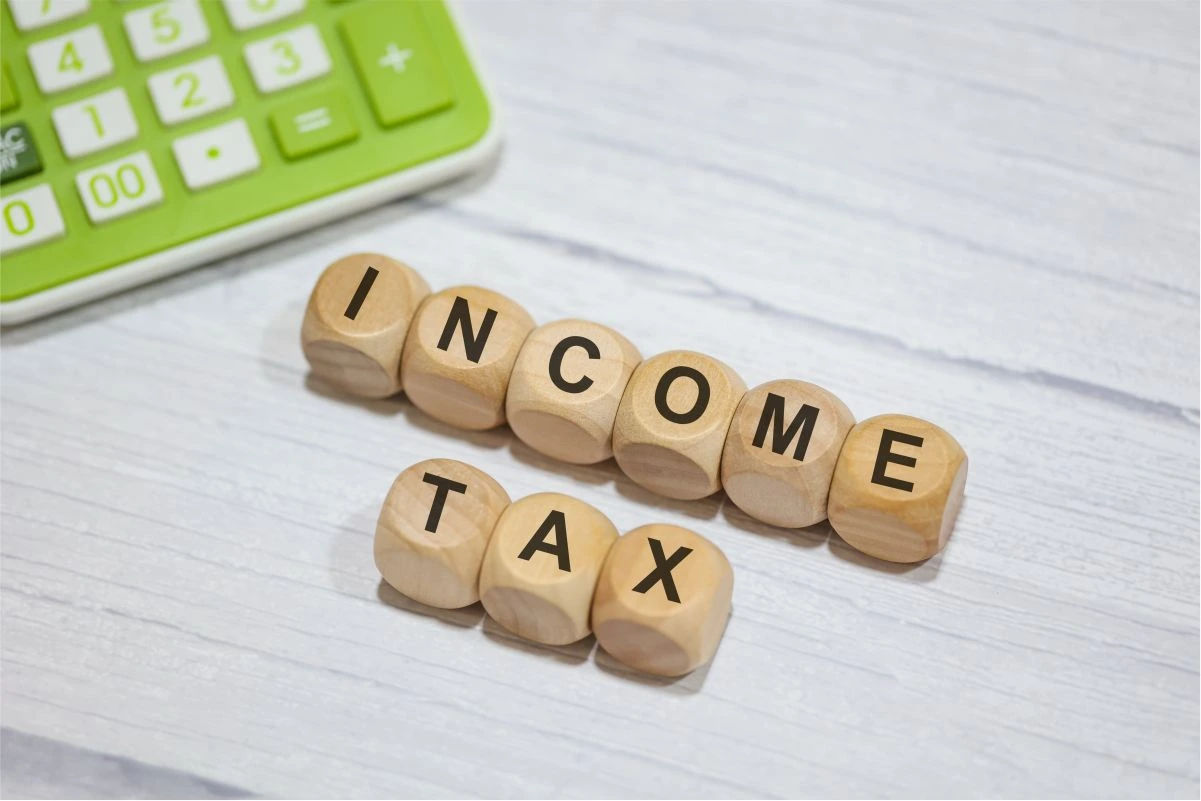For many taxpayers, realising they owe additional taxes while filing their returns can be a stressful experience. Self-Assessment Tax is a solution allows them to pay any outstanding taxes before filing their Income Tax Return (ITR).
Understanding this tax can help you avoid additional interest liability, penalties and stay on top of your financial responsibilities.
Understanding Self-Assessment Tax
Self-Assessment Tax is the amount you pay on your income after accounting for all the tax deductions, advance tax, and taxes deducted at source (TDS). This tax is applicable when the taxes paid during the financial year are less than the total tax liability. To avoid penalties, you must pay the Self-Assessment Tax before filing your ITR.
Calculate Your Tax Liability
To determine whether you owe Self-Assessment Tax, calculate your total income and apply the relevant tax rates. An income tax calculator can simplify this process, providing you with an accurate estimate of your tax liability. Ensure you include all sources of income, such as salary, business income, interest, and capital gains.
Pay Your Self-Assessment Tax Online
The process of paying Self-Assessment Tax is straightforward. You can do it online through the official Income Tax Department portal. After calculating your tax liability, use the provided options to make the payment. This ensures your tax dues are settled before you submit your ITR, helping you avoid interest charges, and penalties and default in ITR.
ULIP as a Tax-Saving Option
Investing in Unit Linked Insurance Plans (ULIPs) can help reduce your tax liability. ULIPs offer the dual benefit of insurance and investment, with the premiums eligible for tax deductions under Section 80C of the Income Tax Act (if old tax regime is opted). By investing in ULIPs, you not only secure your financial future but also minimise the amount of Self-Assessment Tax you might owe.
Understanding and paying Self-Assessment Tax is crucial to maintaining financial discipline and avoiding legal complications. By accurately calculating your tax liability with an income tax calculator, paying your dues promptly, and considering tax-saving investments such as ULIPs, you can ensure a smooth and stress-free tax filing process.**
** Tax exemptions are as per applicable tax laws from time to time.
Disclaimers:
Unit Linked Insurance Products are different from the traditional insurance products and are subject to risk factors. The Premium paid in unit-linked life insurance policies are subject to investment risks associated with capital markets and NAVs of the units may go up or down, based on the performance of fund and factors influencing the capital market and the insured is responsible for his/her decisions. IndiaFirst Life Insurance Company Limited is only name of the Insurance Company and _________________ (UIN__________) is only the name of the Unit Linked Life Insurance contract and does not in any way indicate the quality of the contract, its future prospects, or returns. Please know the associated risks and the applicable charges from your Insurance Agent or the Intermediary or policy document issued by the Insurance Company. The various funds offered under this contract are the names of the funds and do not in any way indicate the quality of these plans, their future prospects and returns. For more details on risk factors and terms and conditions, please read the sales brochure carefully before concluding the sale.
IndiaFirst Life Insurance Company Limited, IRDAI Regn No.143, CIN: U66010MH2008PLC183679, Address: 12th & 13th floor, North [C] Wing, Tower 4, Nesco IT Park, Nesco Center, Western Express Highway, Goregaon (East), Mumbai – 400 063. Toll free No – 1800 209 8700. Email Id:customer.first@indiafirstlife.com, Website :www.indiafirstlife.com, Fax No. +91226570600. Trade logo displayed above belongs to our promoter M/s Bank of Baroda and is used by IndiaFirst Life Insurance Co. Ltd. under license. Adv. Ref. No.:_________.
BEWARE OF SPURIOUS/ FRAUD PHONE CALLS!
|
IRDAI is not involved in activities like selling insurance policies, announcing bonus or Investment of premiums. Public receiving such phone calls are requested to lodge a police complaint.
|





















